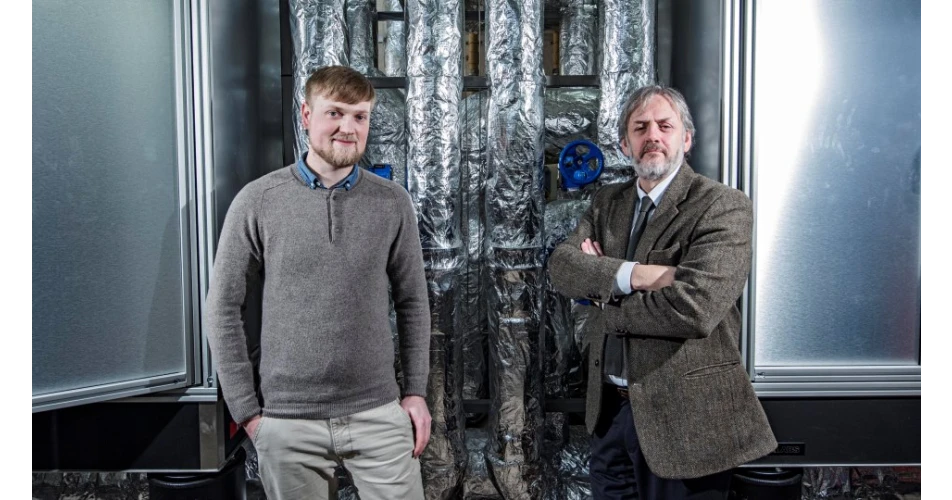Diesel engines, thought to be on the way out, could be given a new lease of life with the development of new technology by Loughborough University, in the UK, that has the potential to significantly cut nitrogen oxide (NOx) emissions.
The UK government estimated that in 2015 exposure to NOx and particulate matter emissions from diesel engines lead to around 52,000 additional deaths. Although pro-rata figures in Ireland would be lower, because of less urban population density, NOx emissions here would still be a major public health concern and the likely source of thousands of deaths.
With vehicle manufacturers now struggling to meet latest EU emission targets, a team from Loughborough have developed Ammonia Creation and Conversion Technology (ACCT) which effectively increases the capacity of existing on engine after treatment systems. These are currently based on Selective Catalytic Reduction using AdBlue and are often not effective on shorter stop-start journeys because the vehicle fails to reach an effective exhaust temperature.
ACCT is an AdBlue conversion technology that uses waste energy to modify AdBlue to work effectively at much lower exhaust temperatures. By greatly extending the temperature range at which SCR systems can operate the new technology significantly reduces NOx emissions.
ACCT has currently been developed for HGV’s, but is suitable for all diesel applications.
 Jonathan Wilson (left) and Professor Graham Hargrave the key players in the development of the new emission reduction technology.
Jonathan Wilson (left) and Professor Graham Hargrave the key players in the development of the new emission reduction technology.